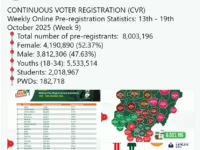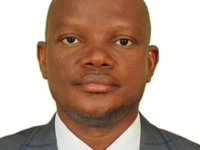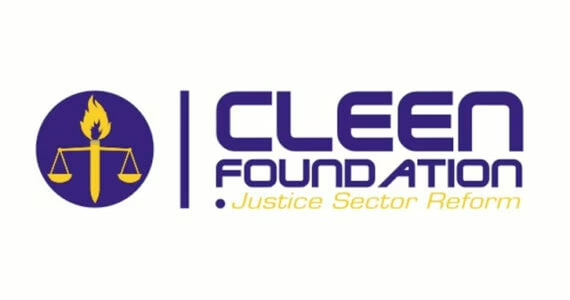The CLEEN Foundation (CF), a prominent civil society organization, has voiced serious concerns regarding the ineffective administration of the Criminal Justice Law (CJL). They highlighted that inadequate funding, limited human resources, and various operational challenges have collectively obstructed the proper enforcement of this legislation.
During a two-day capacity-building workshop held in Uyo, the capital of Akwa Ibom State, participants emphasized the urgent need for stronger institutional dedication, enhanced skill development, and improved cooperation among agencies to drive meaningful reforms in the criminal justice system.
Mr. Peter Maduoma, the acting executive director of CLEEN Foundation, explained that the workshop was convened to tackle existing enforcement gaps and application issues related to the CJL, which was enacted in Akwa Ibom in 2022 with the goal of fostering a more equitable and transparent justice system.
He noted that since the law’s enactment, several obstacles have impeded its effective implementation. These include insufficient budget allocations, a lack of adequate resources for key statutory bodies such as the Administration of Criminal Justice Monitoring Committee (ACJMC), and a shortage of capacity among judicial officers and law enforcement personnel.
Themed “Enhancing Rights-Based Approaches to Criminal Justice Administration and Promoting Women, Peace, and Security in Nigeria,” the workshop is supported by funding from the Norwegian Ministry of Foreign Affairs through its embassy in Nigeria.
Maduoma recalled that the initiative was officially launched on August 26, 2025, in Abuja and is currently active in 12 states, including Akwa Ibom, Lagos, Kaduna, Enugu, Ekiti, Plateau, and Cross River.
He further explained, “This training aims to equip representatives from the Police, Judiciary, Correctional Services, and other law enforcement agencies with the necessary technical expertise to implement the provisions of the ACJL effectively. It also focuses on enhancing compliance monitoring, reducing human rights violations, minimizing trial delays, and addressing overcrowding in detention facilities.”
“The CJL establishes rigorous standards for policing, law enforcement, and judicial processes. To realize its full potential, it is essential to develop the competencies of all stakeholders and create sustainable compliance frameworks,” he added.
“Our workshop is structured to deepen participants’ understanding, close knowledge gaps, and foster stronger inter-agency collaboration within the criminal justice system,” Maduoma emphasized.
He outlined the training’s core objectives as improving practical knowledge of the ACJL, establishing robust monitoring and evaluation systems, encouraging rights-respecting enforcement practices, and formulating strategies to overcome systemic challenges in the justice sector.
Drawing on its 27 years of expertise in security sector reform and criminal justice advocacy, the CLEEN Foundation pledged to support these efforts and expressed confidence that the workshop would help identify critical weaknesses and develop actionable reform strategies.
In closing, Maduoma expressed gratitude to the Norwegian Embassy for their support and praised the commitment of all stakeholders involved. He urged participants to actively engage and contribute towards enhancing justice delivery in Akwa Ibom State.
“Each attendee here plays a vital role in achieving the objectives of this workshop. We call on you to dedicate yourselves to making impactful contributions that will advance the criminal justice system,” he concluded.






















